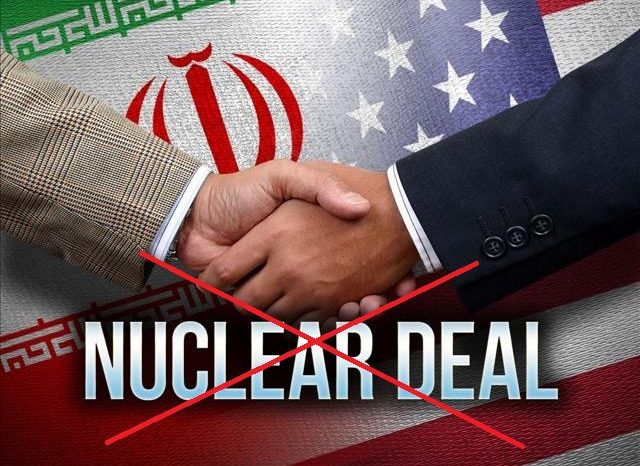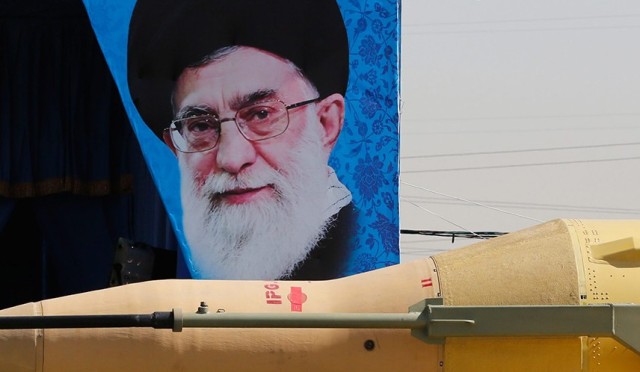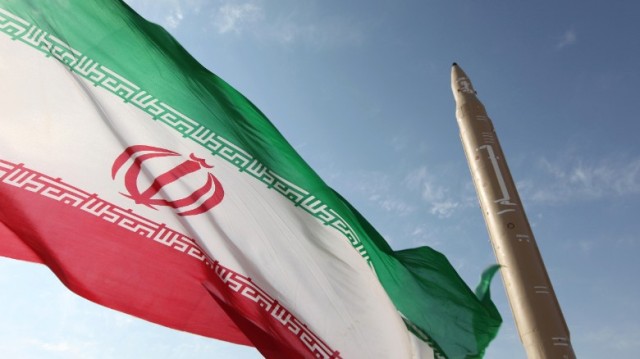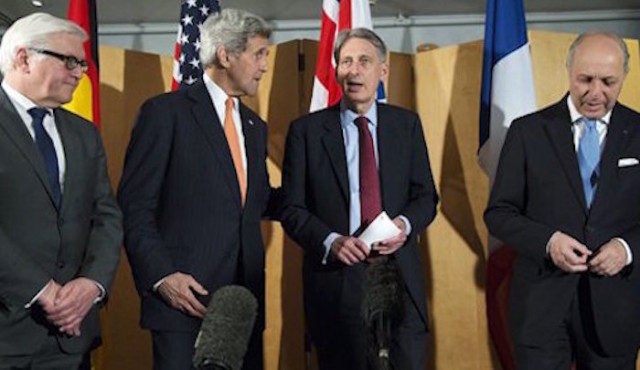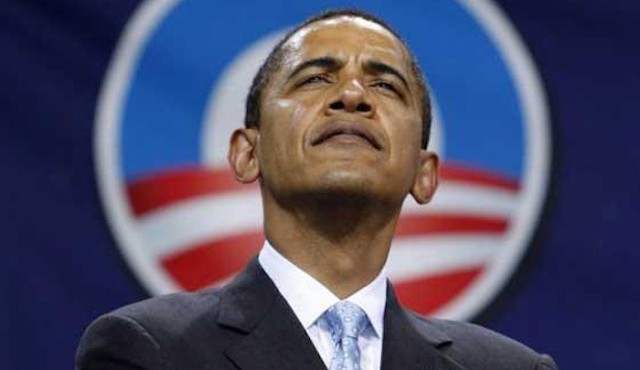PODCAST: What You Need to Know About New US-China Trade Deal
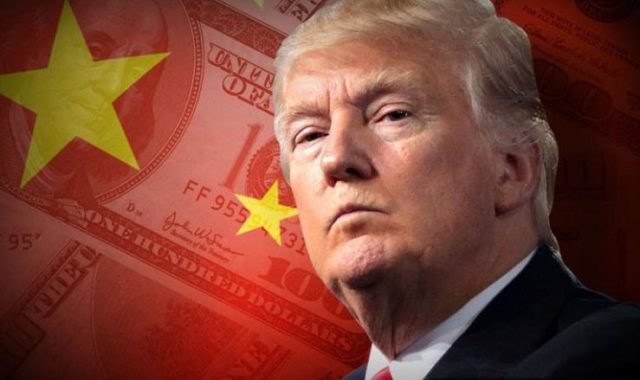
Will the new deal boost the American economy? Is it normal for a trade deal to demand one party spend a certain amount? Will it curb China’s theft of intellectual property from U.S. companies? Riley Walters, a policy analyst at The Heritage Foundation who focuses on Asia’s economy and technology, has answers. Read a lightly edited transcript of the interview, posted below, or listen on the podcast:
We also cover the following stories:
- House Speaker Nancy Pelosi announces the seven impeachment managers.
- Rep. Jerry Nadler, one of the impeachment managers, dismisses calling Hunter Biden as a witness.
- As Russian President Vladimir Putin makes moves to secure his control after 2024, the prime minister and entire Cabinet resign.
The Daily Signal podcast is available on Ricochet, Apple Podcasts, Pippa, Google Play, or Stitcher. All of our podcasts can be found at DailySignal.com/podcasts. If you like what you hear, please leave a review. You can also leave us a message at 202-608-6205 or write us at letters@dailysignal.com. Enjoy the show!
Kate Trinko: On Wednesday, President Donald Trump signed a new trade deal with China. … Joining me to discuss this deal today is Riley Walters, a policy analyst at The Heritage Foundation who focuses on Asia’s economy and technology. Riley, thanks for joining us.
In these trying times, we must turn to the greatest document in the history of the world to promise freedom and opportunity to its citizens for guidance. Find out more now >>
Riley Walters: Thank you for having me.
Trinko: Before we get into the new trade deal, I actually want to roll back the clock a little bit. We’ve seen a lot of tension between President [Donald] Trump and China over trade during his presidency. How intense have the negotiations and the fights been? And does that color how we should look at this new deal?
Walters: I think if you look at the last couple of years of negotiations between Washington and Beijing, you see a lot of back and forth. There was certainly some times when it seemed like negotiations were going well, both sides seemed to have been making progress. But there were clearly some times where things fell out of line. During those turbulent times you’d see exculpatory efforts on both sides by imposing new tariffs and such like that.
Last year, I think it was last year around May, we saw probably the biggest dispute between the two sides and it almost seemed like negotiations fell apart completely, almost as if they weren’t going to go anywhere from there.
So I think what we see today is a complete 180. I mean, we have a deal now, right? And so this, I think, marks the point where we sort of returned to some sort of level of normalcy between the United States and China on economic and trade issues. And so I think it’s good.
Obviously, this is just phase one of a two-phase deal and so over the next year we should hopefully see a lot more progress.
Trinko: OK. So, our listeners won’t know this, but when Riley came to the studio, he had a huge sheath of papers with all the details, so obviously this trade deal is very complicated. But could you break down for us, what are some of the highlights and key things that people should know about the trade deal?
Walters: So, it’s almost a 100-page document. It gets into some very technical trade and legalese issues. It touches on a variety of issues.
I mean, there are roughly eight chapters in this text … touching on everything from the protection of intellectual property and trade secrets [to] reducing technology transfers from American companies to Chinese entities. It touches on exchange rates and increase in trade efforts. It touches on a whole variety of things.
Throughout the document there are new metrics, dates by which certain government officials need to have certain reports. There are certain trade measures. For example, China needs to purchase over the next two years an additional $200 billion worth of a variety of American goods.
And, of course, there are communications that are set up, dialogues that are making sure that this agreement goes into force, that every part of the agreement is disputable to some extent, and, of course, this has been agreed to on both sides.
So what is in this document right now is the new policy. I would actually say this is probably the most comprehensive trade agreement we’ve had with China since their joining of the WTO [World Trade Organization] 20 years ago. So this is pretty significant.
Trinko: You mentioned that the deal requires China to buy $200 billion worth of additional goods over the next couple of years. I am not an expert on trade deals. Is it normal for a deal to include this kind of mandatory buy with it? And what do you think about this provision?
Walters: This is not normal. This is certainly something new generally. So I think this is actually probably one of the few things that’s covered regularly in the news, is this $200 billion in additional purchases by China over the next two years.
What they’re supposed to do is buy $200 billion in addition to what they bought in 2017, which was roughly $190 billion worth of goods and services from the United States.
So, for the rest of this year and all of next year, they need to buy roughly $390 billion worth of goods and services, and those break down by industries, manufactured goods, agricultural energy, etc.
But again, this is not normal. This is not something you usually find in trade agreements because trade agreements are usually about removing barriers. It’s about removing the tariffs or taxes on imports that countries maintain. It’s about removing regulatory barriers.
… For example, biochemical restrictions or chemical or scientific restrictions on agricultural products, removing those so that the goods that we trade are free from restriction.
This is different. This sets up a sort of a mandatory “you must buy,” and there are going to be a lot of questions about how China does this.
Who in China is actually going to start buying these goods, right? Is it through state-owned enterprises? Is it “private Chinese companies” at the behest of the Chinese government? And, of course, the question of whether the United States can actually provide these goods.
There’s going to be a lot of, I think. questions about just the way that this is actually implemented.
Trinko: OK. So the deal reduced some tariffs. It also eliminated some other potential tariffs that could have been coming down the pipeline. Overall, did you think what the deal did for tariffs made sense or didn’t, and if so, why?
Walters: As a part of this deal, there will be some tariffs that remain in place by this administration. They are going to keep a 25% additional tariff or import tax on roughly $250 billion worth of goods and a 7.5% tariff tax on roughly $120 billion worth of imports from China. So all those will roughly remain.
The president said he’s more than willing to get rid of those as part of a phase-two deal. We don’t know when the phase-two deal could happen. Some suggest 10 months, it could be longer, especially things could change if the election outcome changes. And so those will remain in place for at least the next year or so.
There’s been no reports about how China will be decreasing its import taxes. Obviously, they too have been implementing their own tariffs over the last couple of years in retaliation to the United States. But that’s going to be, I think, what to expect for at least the next year.
Trinko: Did this deal address intellectual property concerns at all? Obviously, there’s been a lot of concern that China is taking intellectual property from U.S. companies. Does this address that?
Walters: It does. The first two chapters are 21 pages long. They address intellectual property protection or trade secret protections and technology transfer.
Not to get too much into detail, but basically it says China will protect American intellectual property, our trade secrets, the things that actually make companies profitable and want to invest in and do business. And they won’t require American companies or entities to transfer their sensitive technology to Chinese entities for any reason.
Sometimes in China you hear stories of American companies who want to get into China, they are by law sometimes required to enter into a joint venture with a Chinese company. And then the Chinese company says, “Well, if you want to make the deal, we need to have access to your intellectual property.”
So that’s supposed to no longer happen. We will see, of course, over the next a year or so whether that’s true or not.
And there are some other interesting changes in how American companies can sort of fight their legal case in China when they feel that their intellectual property has been stolen. So some real interesting stuff there. Again, we’ll have to see whether it actually produces anything of substance. But I think on paper at least it’s a positive step.
Trinko: I know you don’t have a crystal ball to see America’s economic future, but how would you guess this deal would or wouldn’t affect the U.S. economy?
Walters: One of the couple of things that are a drag on the U.S. economy right now, not, of course, pushing us into recession, I mean, there’s a lot of positive economic activities that the Trump administration has helped with over the last couple of years, but a couple of the drags are the fact that tariffs will be remaining on over $300 billion worth of goods.
The silver lining is that U.S. trade with China only makes up roughly 3% of our GDP [gross domestic product] so it’s not that significant. I mean, it is hundreds of billions of dollars worth of goods. The Trump administration has collected roughly $43 billion in new taxes from Americans who import from China. So that is a cost.
But I think one of the biggest gains from this, and it’s going to be harder to actually quantify, is the uncertainty it removes. I think the trade deal today brings back a lot of certainty. I think anyone who thought the Trump administration’s goal is to decouple from China, with this deal, I think that idea is dead.
This deal is building a new U.S.-China economic relationship, I think for good cause, too. And so this will bring a lot of certainty back to our economic relationship.
Trinko: And how do you think it might affect China’s economy?
Walters: Again, same way. I think perhaps marginally, a positive marginal.
They themselves have a lot of domestic issues that they need to take care of. Looking forward toward the way that debt is accumulated in China, the way that their demographics are shaping up, the fact that, as a part of phase two, we’re going to have to negotiate a lot of sensitive issues like state-owned enterprises and the support that they get from the government and how those not just affect the U.S. economy, but how they negatively affect the Chinese economy as well.
Trinko: OK. Riley Walters, thanks so much for joining us.
Walters: Thank you.
COLUMN BY
Katrina Trinko
Katrina Trinko is editor-in-chief of The Daily Signal and co-host of The Daily Signal Podcast. Send an email to Katrina. Twitter: @KatrinaTrinko.
RELATED ARTICLE: Meet House Democrats’ 7 Impeachment Managers
A Note for our Readers:
This is a critical year in the history of our country. With the country polarized and divided on a number of issues and with roughly half of the country clamoring for increased government control—over health care, socialism, increased regulations, and open borders—we must turn to America’s founding for the answers on how best to proceed into the future.
The Heritage Foundation has compiled input from more than 100 constitutional scholars and legal experts into the country’s most thorough and compelling review of the freedoms promised to us within the United States Constitution into a free digital guide called Heritage’s Guide to the Constitution.
They’re making this guide available to all readers of The Daily Signal for free today!
GET ACCESS NOW! >>
EDITORS NOTE: This Daily Signal column is republished with permission. © All rights reserved.

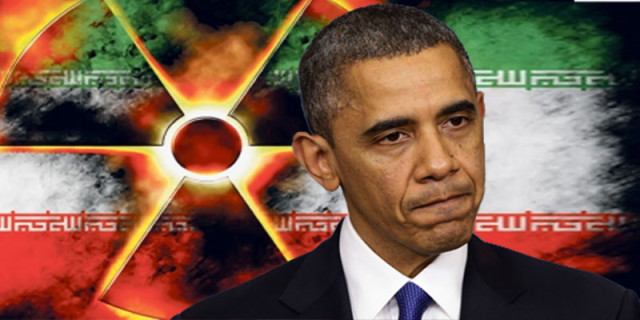
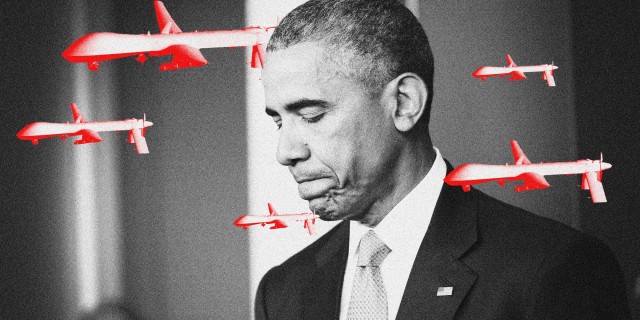
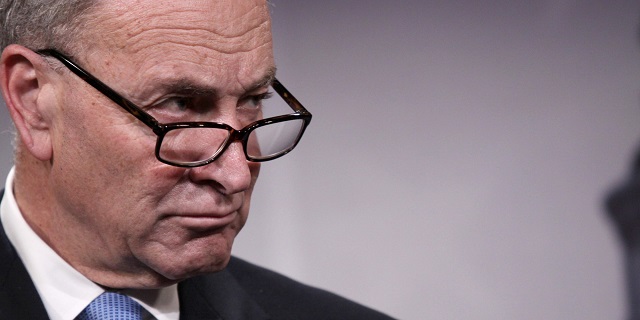
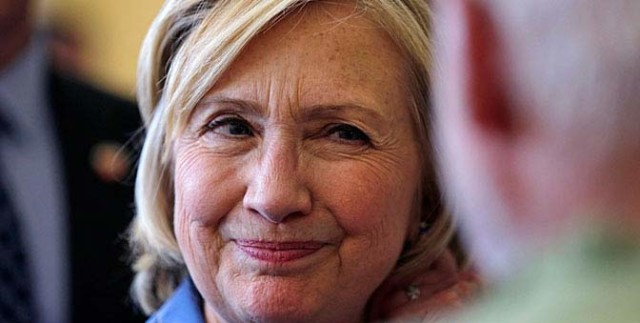
 It’s usually pretty easy to be a liberal these days. Most of their policy prescriptions and legislative proposals require nothing more than a quick talking point, with no further analysis or questions answered regarding the long-term effects of such proposals. If a liberal policymaker wants to take more money from hard working Americans via higher taxes, he or she simply throws out the “pay your fair share” talking point and doesn’t ever worry about explaining to hard-working Americans what their “fair share” is. If a liberal policymaker wants to steal away control of your health care decisions, he or she simply throws out the “health care is a right” talking point without ever explaining how declaring things as “rights” confers numerous obligations on others, all enforceable using the force of government.
It’s usually pretty easy to be a liberal these days. Most of their policy prescriptions and legislative proposals require nothing more than a quick talking point, with no further analysis or questions answered regarding the long-term effects of such proposals. If a liberal policymaker wants to take more money from hard working Americans via higher taxes, he or she simply throws out the “pay your fair share” talking point and doesn’t ever worry about explaining to hard-working Americans what their “fair share” is. If a liberal policymaker wants to steal away control of your health care decisions, he or she simply throws out the “health care is a right” talking point without ever explaining how declaring things as “rights” confers numerous obligations on others, all enforceable using the force of government.